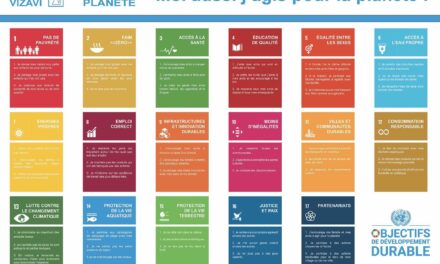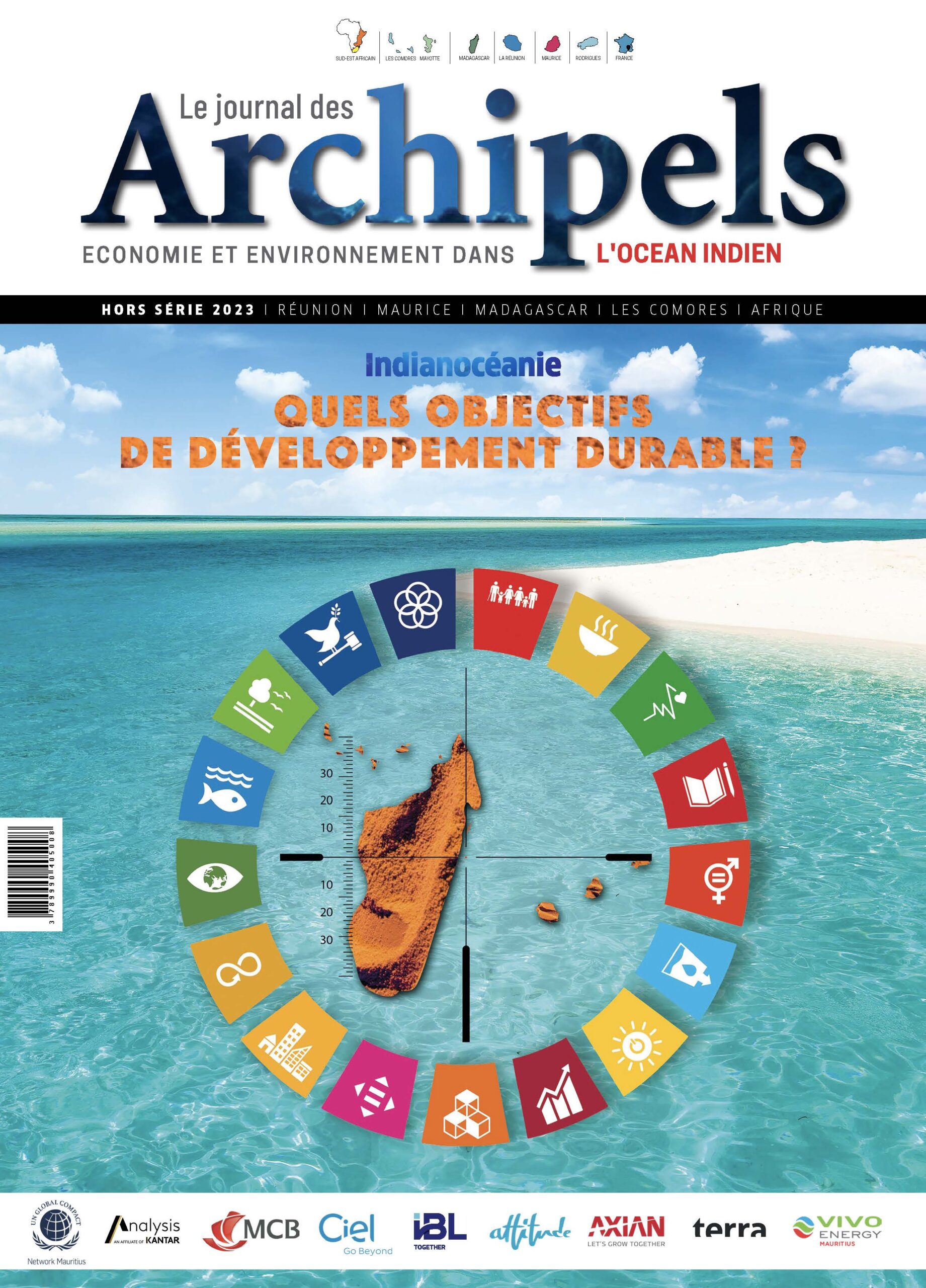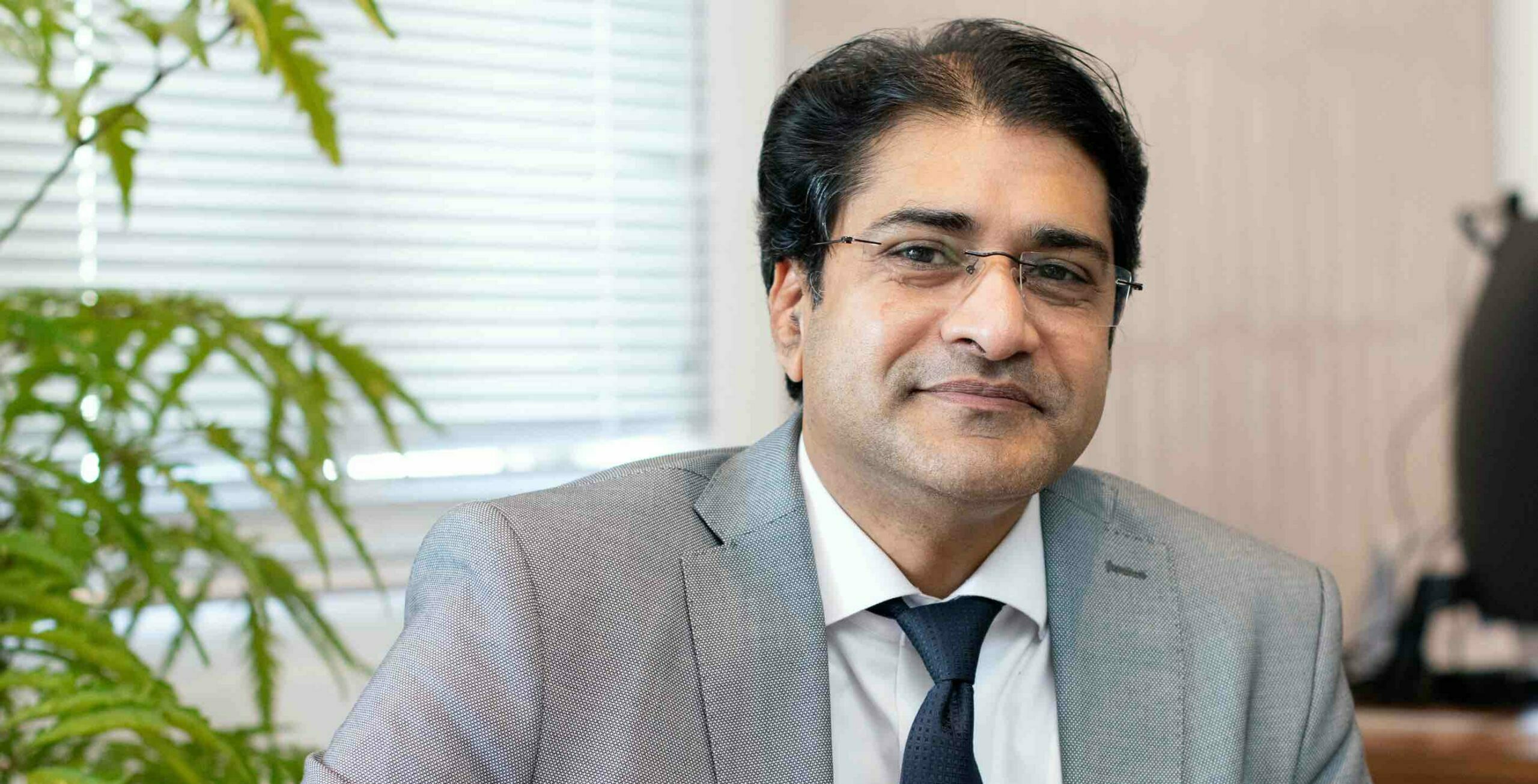Namita Jagarnath Hardowar has been President of the Mauritius Chamber of Commerce and Industry (MCCI) since March 31. The woman who occupies this important seat in the private sector in Mauritius is above all an entrepreneur who has obviously made her place in the business world through her company Institutional Expert Services (IES). A human resources professional with a rich experience in Mauritius and in the region, she is passionate about transmission and training. This new responsibility gives her the opportunity to further pursue her mission.
Continuation of the article published in our last edition of the magazine (on sale in the Indian Ocean)
Climate change, Business facilitation, Human capital, Regionalization… the main axes of the MCCI
…Selon elle, la Chambre va se focaliser sur le changement climatique et les énergies renouvelables. « Étant un petit état insulaire, on est vulnérables. Il faudrait que le changement climatique et l’utilisation de l’énergie renouvelable entrent dans l’agenda de tous les opérateurs. Ce n’est pas l’affaire de gouvernement ou du privé mais de tous. » Deux autres axes importants demeurent la facilitation des affaires et « évidemment » le développement du capital humain. Même si la Banque mondiale ne publie plus la liste annuelle « Ease of Doing Business » qui classait Maurice dans le haut du tableau des pays où il est facile de faire des affaires, la présidente de la MCCI pense qu’il est primordial de continuer dans cette stratégie.
Do we have the skills?
The other element is “obviously, the development of human capital”. The Chamber cannot but note the skills gap faced by various sectors. “There are so many emerging sectors – fintech, the blue economy, aquaculture or smart agriculture… Do we have the skills?” asks Namita Jagarnath Hardowar. “If we don’t have them, we would have to find them somewhere else to enable a rise in competence here.” Thus, she hopes to see the emergence of a national human capital development strategy, visible and known by all, thus encouraging investment. Innovation and digitalization of the country also remain essential to remain competitive in the global market and “move to the next level”, according to Namita.
In conclusion, the business leader recalls that regionalization is, in her opinion, a key to successful post-crisis recovery. “Before, there was a lot of talk about globalization, and now we are shifting to regionalization. This is crucial. Being an island is not a solution! (Connectivity, air and sea, is important. We are in a regional basin. It is essential to work with other chambers to collaborate and find synergies,” she concludes.
































